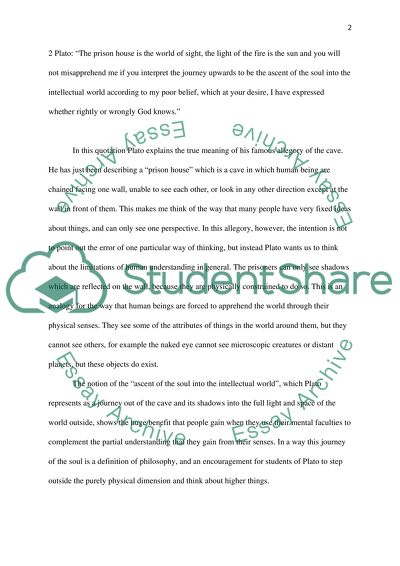Cite this document
(“Deciphering Quotes Assignment Example | Topics and Well Written Essays - 2250 words”, n.d.)
Retrieved from https://studentshare.org/philosophy/1442285-deciphering-quotes
Retrieved from https://studentshare.org/philosophy/1442285-deciphering-quotes
(Deciphering Quotes Assignment Example | Topics and Well Written Essays - 2250 Words)
https://studentshare.org/philosophy/1442285-deciphering-quotes.
https://studentshare.org/philosophy/1442285-deciphering-quotes.
“Deciphering Quotes Assignment Example | Topics and Well Written Essays - 2250 Words”, n.d. https://studentshare.org/philosophy/1442285-deciphering-quotes.


